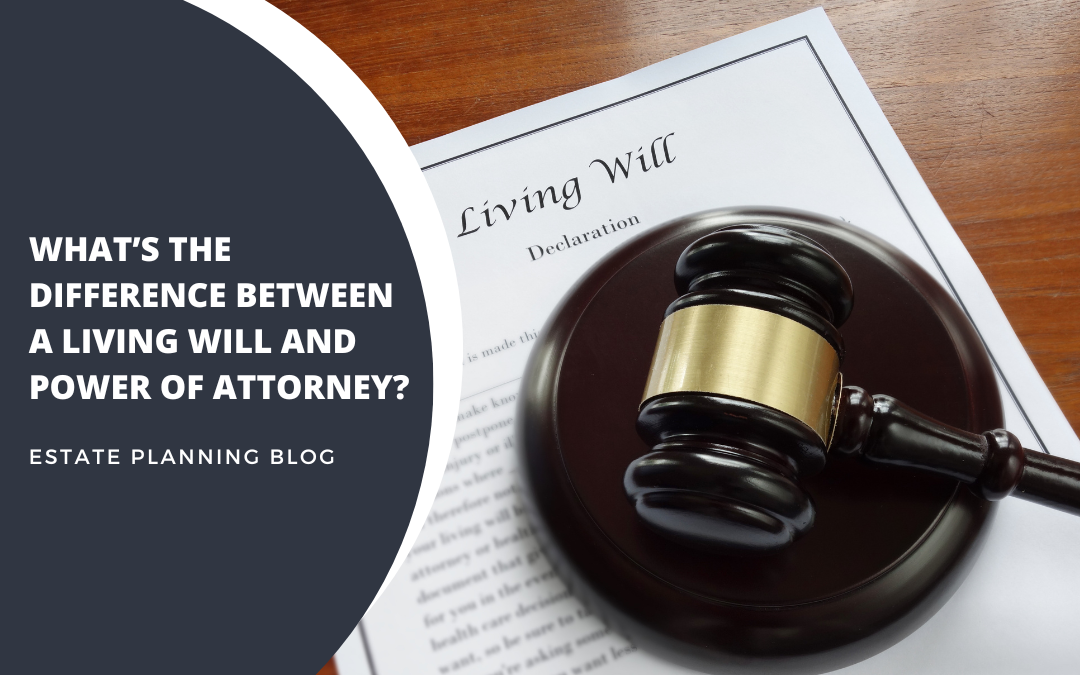
by designonetest | Nov 3, 2022 | Blog, Estate Planning-old
The primary difference between power of attorneys and living wills is that a POA is designated to make decisions on your behalf. A living will on the other hand is simply a document that lists your medical preferences in certain scenarios. It can be referenced when...

by designonetest | Nov 3, 2022 | Blog, Estate Planning-old
When Terri Schiavo fell into a coma in 1990, she didn’t have a will or a designated durable power of attorney, this would start an agonizing 15-year-old court process between Terri’s husband and Terri’s family about whether to let her live (on life support) or die...

by designonetest | Nov 3, 2022 | Blog, Estate Planning-old
There are three types of Power of Attorneys (POA) that you need to consider: Financial Power of Attorney, Medical Power of Attorney, and Durable Power of Attorney. Financial Power of Attorney A financial power of attorney lets you appoint a person to manage your...

by designonetest | Nov 3, 2022 | Blog, Estate Planning-old
As long as you are sound of mind, you can change your medical directive at any time. You can even cancel it entirely if you wish. Be sure to alert your family, health care providers, power of attorney, and anyone else you choose that you’ve made changes. Can medical...

by designonetest | Nov 3, 2022 | Blog, Estate Planning-old
The principal, or the person that the medical POA is assigned to, can terminate the arrangement at any time. Of course, if the principal is no longer sound of mind this will be taken into consideration by the court. People who can override the POA Other people can...

by designonetest | Nov 3, 2022 | Blog, Estate Planning-old
Medical directives are often mistaken for medical power of attorneys, but there is a difference. For example, if you were in a car accident, the directive would help the doctors determine if you should be kept on life support. In the same scenario, if you had an...







